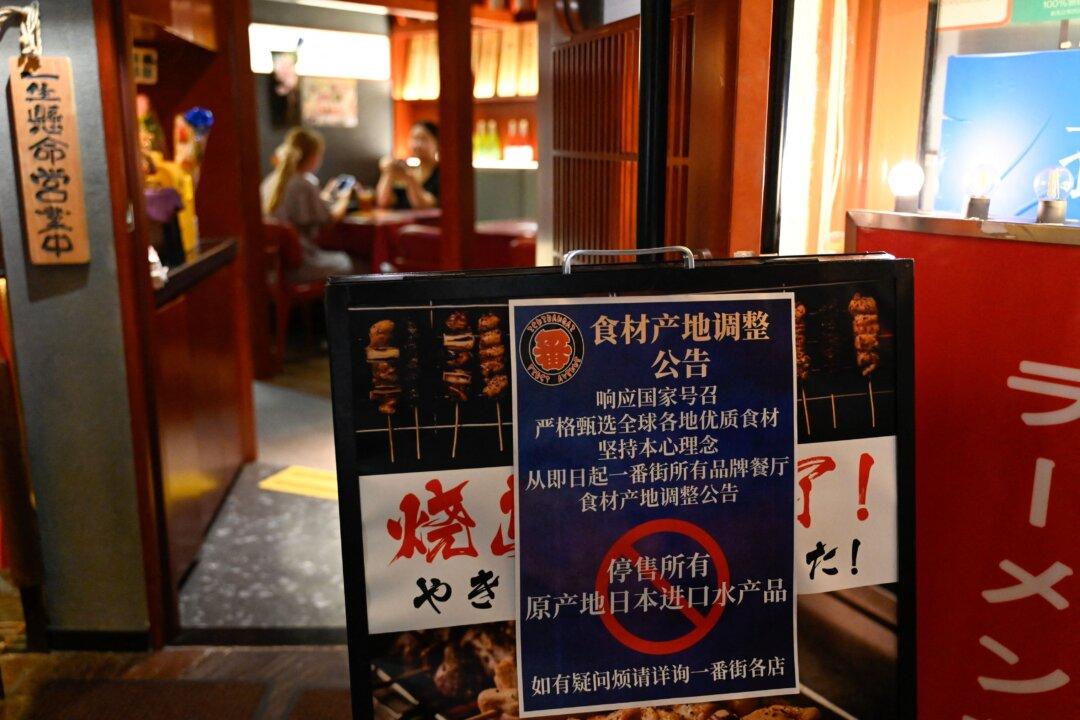Since Japan initiated the release of treated nuclear wastewater into the ocean on Aug. 24, it has faced an onslaught of harassing calls from China. The situation has led telecom companies in Japan to set up specialized emergency hotlines. While this wave of calls has baffled and frustrated many Japanese citizens, businesses based in Japan but operating in China are also contending with boycotts.
Harassment Calls Disrupt Lives of Regular Japanese Citizens
These unsolicited calls have targeted a broad range of sectors in Japan, from government agencies to corporations, non-profits, restaurants, and health care facilities. However, the brunt of these calls is borne by ordinary citizens who have no direct connection to the wastewater discharge issue.As of Aug. 29, Japanese law enforcement agencies alone have received over 4,000 such calls. Predominantly in Mandarin, these calls often feature criticisms, protests, and even derogatory remarks.




